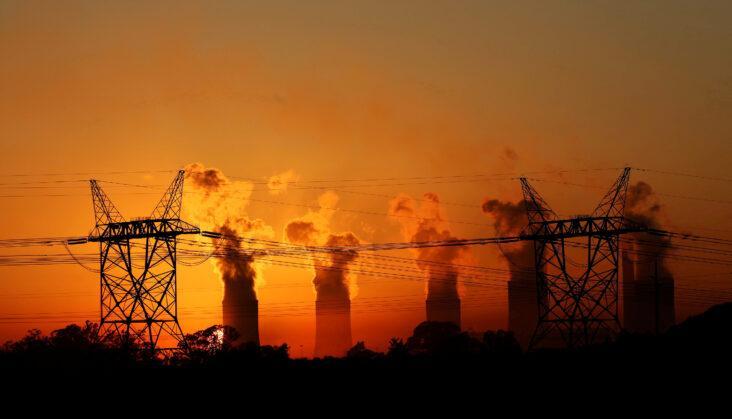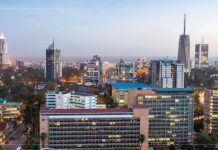By Max Fontaine
Africa-Press – Lesotho. While COP27 has just ended, the COP15 on biodiversity is fast approaching and will be held from December 7 to 19 in Montreal. The political decisions and commitments made by governments during these days of conferences and negotiations will determine the future of the planet we live in.
But we must admit that the situation remains alarming today. Climatic disasters (cyclones, heat waves, forest fires, droughts, floods, etc. ) will occur at higher frequencies and intensities than we have ever seen before. And this, on a planetary scale. Rich, poor, coastal, mountain, rural or urban: no geographical or social position will allow you to be spared.
According to the IPCC, if we reach 2°C, between 800 million and 3 billion people will suffer from chronic water shortages and all the consequences that drought entails (loss of agricultural productivity, migration, conflicts).
At least 99% of the world’s coral reefs will disappear if the Earth rises 2°C. The 12,000km2 of coral reefs on the African coast along the Indian Ocean, from East Africa to Madagascar, are threatened with total disappearance by 2070.
Around 7% of sea grass beds disappear every year, which is the equivalent of the size of a soccer field every half hour. Yet these ecosystems are home to a third of marine biodiversity.
A biodiversity that is impoverished, but on which we depend. There are 500 million people in the world who depend directly on marine ecosystems for their food.
It is therefore clear that, even if governments manage to meet their targets, they remain insufficient. Is this a reason to give way to fatalism and eco-anxiety? No.
Make room for optimism carried by entrepreneurs, give voice to those who are ready to act at their own level. The ecological emergency is also economic
Protecting biodiversity is not only a matter for nature lovers and science enthusiasts. Biodiversity on land and under the sea plays a major role in our survival and in the economy.
In addition to being carbon sinks, these ecosystems are the guarantors of a large part of biodiversity and provide us with food, energy, materials, pharmacopoeia, climate regulation, air quality.
.
. or cultural services such as tourism, recreation, aesthetic and spiritual benefits.
For example, the total value of marine and coastal ecosystem services worldwide is estimated at more than $20.9 trillion per year, almost equivalent to the GDP of the United States.
In East Africa alone, coastal populations number 20 million, a figure that could double by 2030. That’s a lot of people who can act in favor of the environment and benefit from its spin-offs.
So, let’s get started? The priority of the so-called “developing” countries is to catch up with the so-called “industrialized” countries on the economic level, while risking making the same mistakes.
We believe that the wealth of African countries can be found in the development of a new economy, in favor of the environment. Thanks to the richness of its lands.
.
.
In addition to the richness of its soil, the African continent is home to a quarter of the world’s biodiversity according to a study published by the United Nations in 2016.
Today, this natural wealth is mainly exploited through exports, whose added value unfortunately benefits only too little the local populations and whose practices often little respectful of the environment lead to the impoverishment of biodiversity.
The good will of governments is not enough: the restoration of biodiversity must become economically attractive to break the cycle of destructive capitalism.
The day when profitability and environmental restoration are positively correlated, then the latter will become the priority of the continent’s inhabitants.
Thanks to the initiative of its entrepreneurs. . . As with the meteoric development of mobile money, African countries can be the cradle of climate tech pioneers.
What if greentech enabled the sustainable development of African economies? Green entrepreneurship combines economic development, job creation, and skill building around projects that benefit vulnerable populations and the environment.
The associative system as well as the public authorities having shown their limits in the management of development projects in Africa, the private sector now sees itself in a role of catalyst of change.
https://www.theafricareport.com/263779/the-planet-is-burning-africa-with-it/
For More News And Analysis About Lesotho Follow Africa-Press






